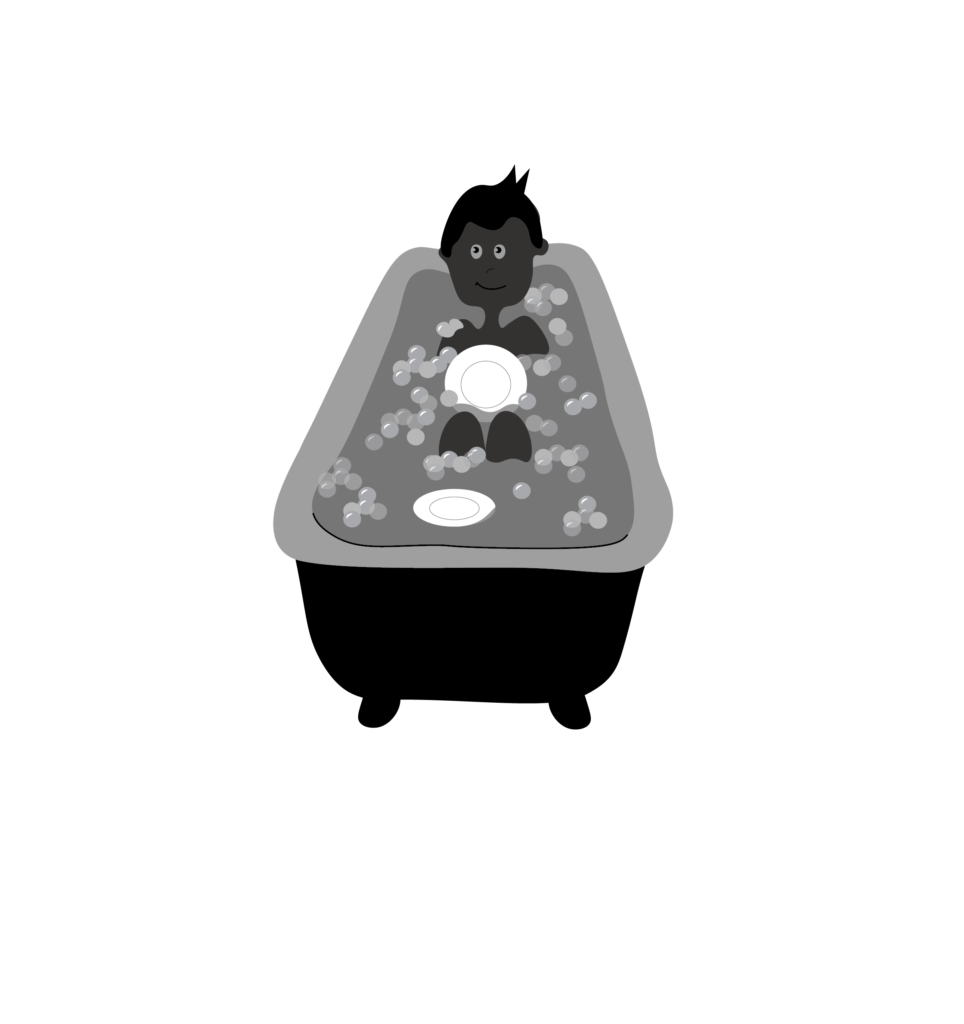This Saturday, a climate change march will take place at the Marquette Commons. The aim of the event is to raise awareness about human pollution of the environment. Living in the Upper Peninsula, it’s near impossible to not feel strongly about protecting our beautiful area. While it’s important to continue pressuring government and businesses to “go green,” the march also provides us an opportunity to reflect on our own individual efforts to protect the planet.
Sometimes it’s easy to forget that we must lead by example. If we truly want to protect mother nature, it demands a dramatic change in lifestyle.
According to the Environmental Protection Agency, the average American generates 4.4 pounds of trash per day. True “sustainability” would mean pushing that number down to zero for every one of us. While a zero-footprint lifestyle may seem like an overwhelming goal, there are small incremental steps we can all take to reduce our waste.
The first, and most obvious step to take, would be recycling. Cans and bottles belong in a recycle bin, not the ocean. Reusable shopping bags are also a great way to reduce plastic waste. Plastic bags can take over 20 years to break down in the ocean, and can damage aquatic ecosystems irreparably. Smart transportation is also an easy way to help out. Instead of driving to class, perhaps you can carpool or ride your bike.
The university as a whole has also been putting forth eco-friendly efforts of its own. New students are provided with a travel mug to fill up their drinks around campus, as opposed to using disposable cups. Water bottle fill stations at drinking fountains help support this move. The campus group EcoReps also received a boost in university funding to support green efforts on campus.
As always, there’s certainly room for improvement. A better recycling program would help. Better yet, a composting site would allow wasted food and decomposable products to break down quickly and safely, while teaching students about sustainability for when they go off campus.
Protecting our treasured peninsula is a must. It’s time we ask not what our planet can do for us, but what we can do for our planet.























